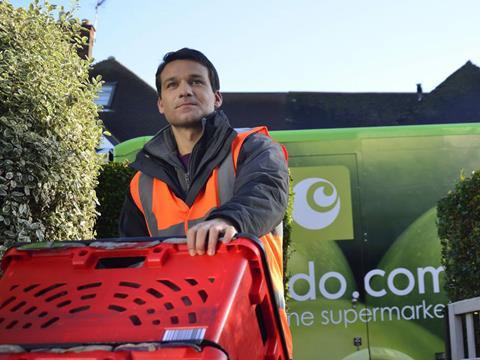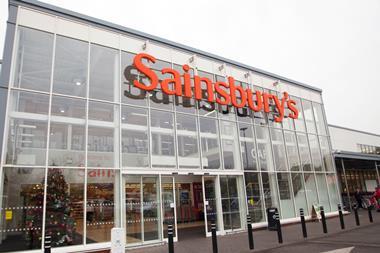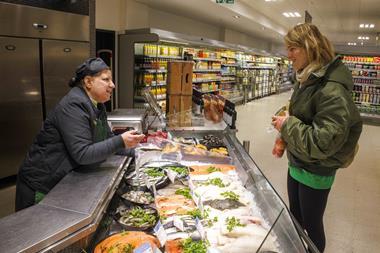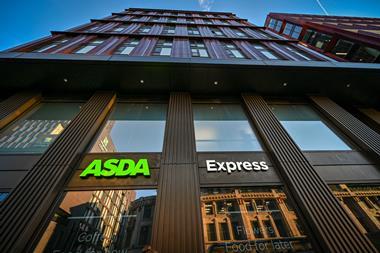
Food sales at the supermarkets have grown faster than inflation in January as shopper behaviour normalises amid reducing cost pressures, according to new data published this morning.
In the four weeks to 27 January, total till sales increased 6.6% and volumes also rose 1.3% year on year, NIQ reported. The consumer intelligence company said the growth was reflective of a slowdown in food inflation, which stood at 6.1% in January [BRC-Nielsen shop price index] and is at the lowest rate since June 2022.
However, NIQ noted consumers spent 24% less on food & drink in January compared with December as households increased shop visits in tandem with smaller baskets after the big trolley spends in December and paid off Christmas bills. Retailers also reduced promotional activity after the Christmas period from 26% in December to 23% last month.
Easing inflation also saw rapid growth at the discounters slow in the past 12 weeks, with Lidl still leading the pack at 13.2%, while Aldi was up 8.3%. M&S (+11.6%) and Ocado (+11.3%) were also among the fastest-growing retailers, with Sainsbury’s (8.4%) just ahead of Tesco (+6.9%). Morrisons and Waitrose both registered growth of 3.4% and Asda only managed 2.7%.
“During the height of the cost of living squeeze in early 2023, discounter growth was around 20%,” said Mike Watkins, NIQ UK head of retailer and business insight. “However, this level of growth was not sustainable, so it’s no surprise to see growth’s back to 10% over the last 12 weeks given the slowdown in inflation.”
With wetter weather and storms over January keeping shoppers at home, the NIQ data showed an increase (6.8%) in online grocery spend as the channel maintained share of fmcg sales at 11.2%, ahead of in-store shopping, which only grew 5.3% in the four-week period.
Shoppers prioritised “simple winter meals” in January, saving money and avoiding waste to keep costs down. This included a growth in sales of fresh meat (11%) and fresh poultry (10%) alongside less expensive food options such as frozen chips (15%), frozen fruit (14%) and treated and prepared meat products (13%).
Veganuary also helped shoppers to adopt a flexitarian diet, with a growth in sales of dried vegetables and pulses (23%), rice and grains (22%) and herbs and spices (20%). The data also showed that sales of beer, wine and spirits were back in growth (7.3%).
“Whilst consumer confidence is slowly improving, there remains some caution for fmcg spend as NIQ Homescan research also shows that 62% of households anticipate that in the first part of 2024 they will be moderately/severely affected (more so for households with families), which is up from 57% at the end of last year,” Watkins added.
“As we look ahead and sentiments and shopper behaviour change, we expect to see the trend of managing overall basket spend continue even as inflation continues to slow, with Easter and warmer weather in spring giving the next boost to fmcg spend.”



















No comments yet